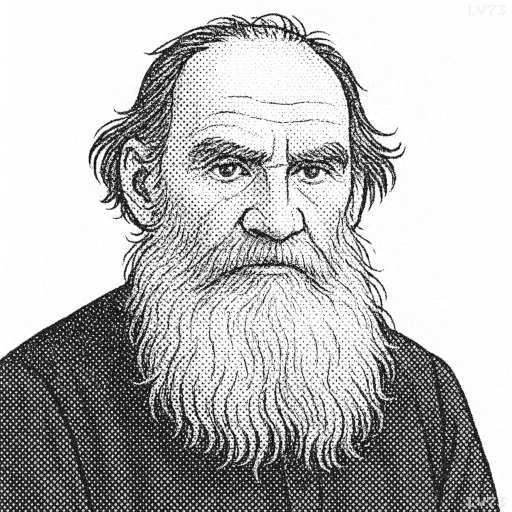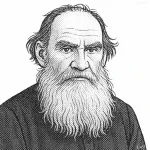“I sit on a man’s back, choking him and making him carry me, and yet assure myself and others that I am very sorry for him and wish to ease his lot by all possible means – except by getting off his back.”

- September 9, 1828 – November 20, 1910
- Born in Russia
- Writer, philosopher
table of contents
Quote
“I sit on a man’s back, choking him and making him carry me, and yet assure myself and others that I am very sorry for him and wish to ease his lot by all possible means – except by getting off his back.”
Explanation
In this quote, Leo Tolstoy critiques the hypocrisy of individuals who express sympathy or concern for others’ suffering without taking meaningful action to alleviate it. He uses the vivid metaphor of sitting on a man’s back to represent those who exploit or oppress others while claiming to care for their well-being. The person in the quote is not truly helping the man, as the most effective way to ease his suffering would be to get off his back—to stop causing harm. Tolstoy highlights the discrepancy between words and actions, pointing out that true compassion involves real, tangible change rather than empty gestures or hollow sympathy.
This insight remains relevant today, especially in discussions around social justice, inequality, and privilege. Many individuals or groups may claim to be concerned about the plight of marginalized or oppressed people, but their actions often perpetuate the very systems of exploitation they claim to oppose. For example, some may advocate for fairness or equality but fail to address the structural issues that uphold injustice, such as economic inequality or unfair labor practices. True compassion requires a willingness to not only acknowledge others’ suffering but also to make sacrifices or take concrete steps to help alleviate it.
Tolstoy’s own life reflects his commitment to self-examination and personal responsibility. He was known for his rejection of wealth and privilege, particularly later in life, as he sought to live a life of simplicity and moral integrity. His criticism of societal structures is evident in his works, where he often explores the inequalities and injustices that arise from social hierarchies and exploitation. This quote serves as a powerful reminder that real change comes when individuals are willing to confront their own roles in perpetuating suffering, rather than merely offering empty sympathy.
Would you like to share your impressions or related stories about this quote in the comments section?


